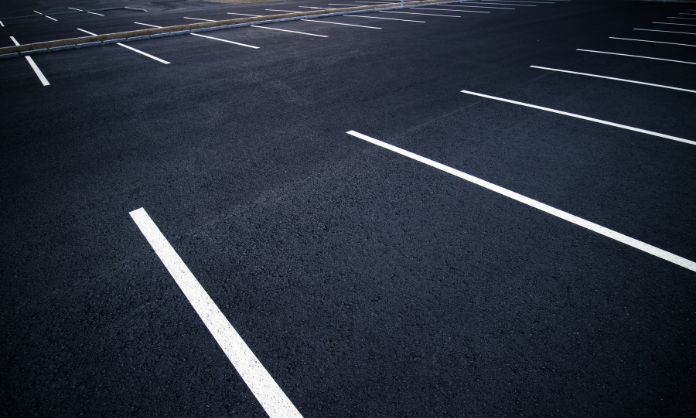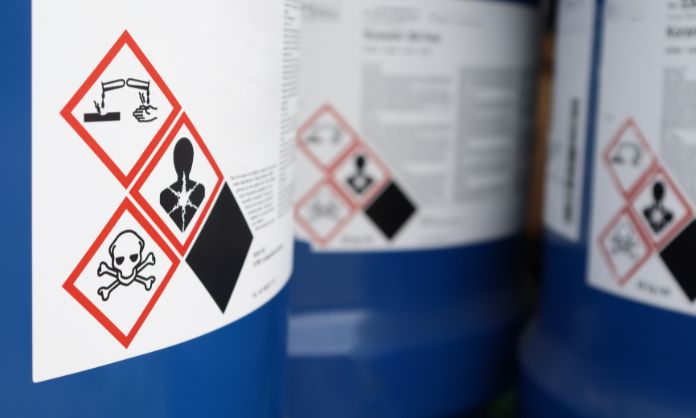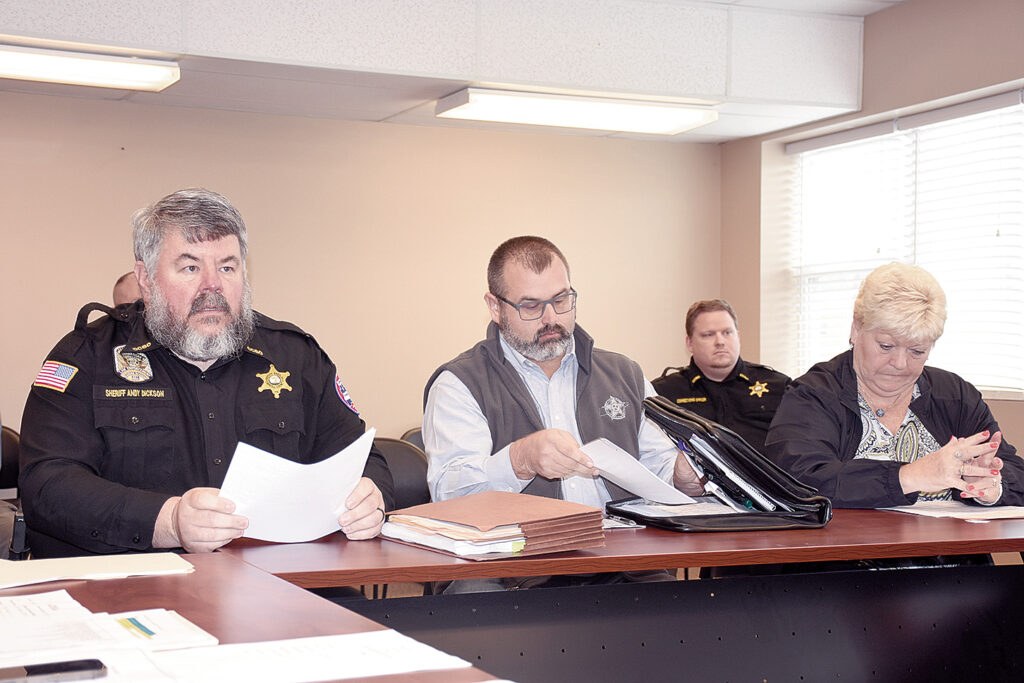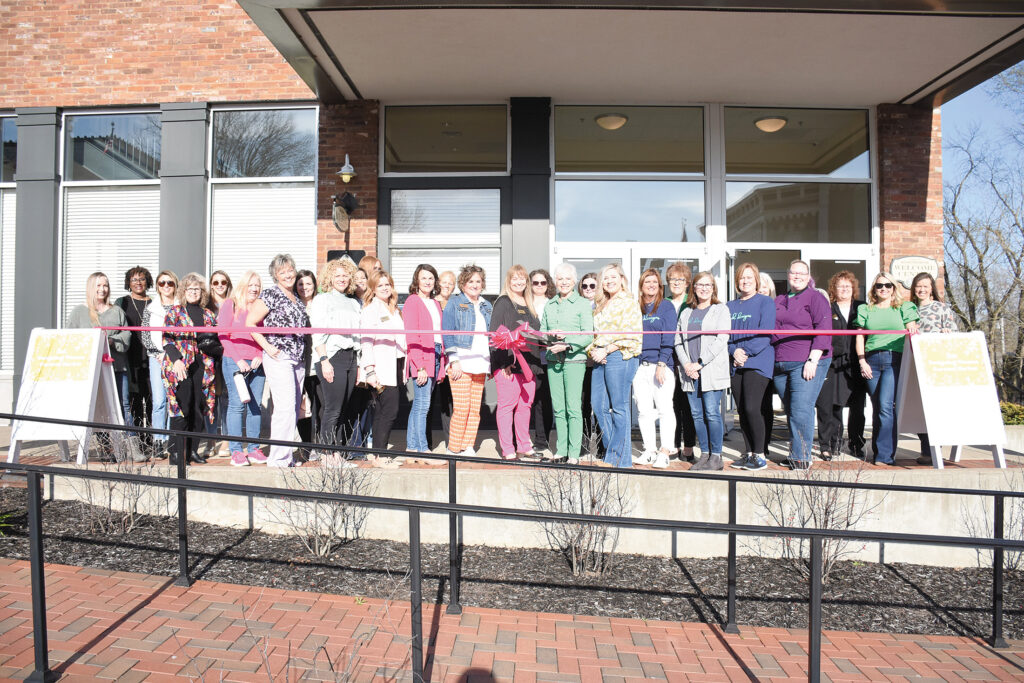You have the hives, you have the suit, and you have the honeybees. Now, the question is how to keep a safe, productive, and successful apiary. Every beekeeper is full of opinions about what kind of hive to use, how to treat certain diseases, and other beekeeping practices. Many answers can only come from experience, but you should know a few tips from the start. Here are the best practices beginner beekeepers need to know to start off their careers on the right foot.
Start with at Least Two Hives
If you’re new to the beekeeping world, you want to keep things simple. However, starting off with only one hive can prove more harmful than helpful. Taking care of one extra colony doesn’t take much more effort. Plus, two hives allow you to compare the colonies and learn more from your observations. A second hive can also be a helpful safety net if one of your colonies grows weak due to pests, diseases, or other threats. You can transfer honey, pollen, or even brood from a strong colony to a weak one. This will boost the weaker colony so that it can bounce back to its normal, healthy, productive state.
Store Your Equipment Properly
From protective gear to extra hive boxes, you’ll collect a lot of equipment throughout your beekeeping career. This is why one of the best practices beginner beekeepers need to know is to take care of equipment when you’re not using it. Proper storage techniques can help you avoid spreading parasites or diseases to your hives. This will also protect your equipment throughout the winter when you don’t need it. Make sure you have a secure, organized space to store your equipment safely.
Space Out Inspections
Many beginner beekeepers make the mistake of checking in on their bees too often. Honeybees are fascinating, and it’s always interesting to peek inside the hive and watch what’s going on. However, hive inspections disrupt your colony, and they can stress out your bees if they take too much time. As such, you should only inspect your hive once every seven to ten days. Your bees will be just fine taking care of themselves in the meantime.







